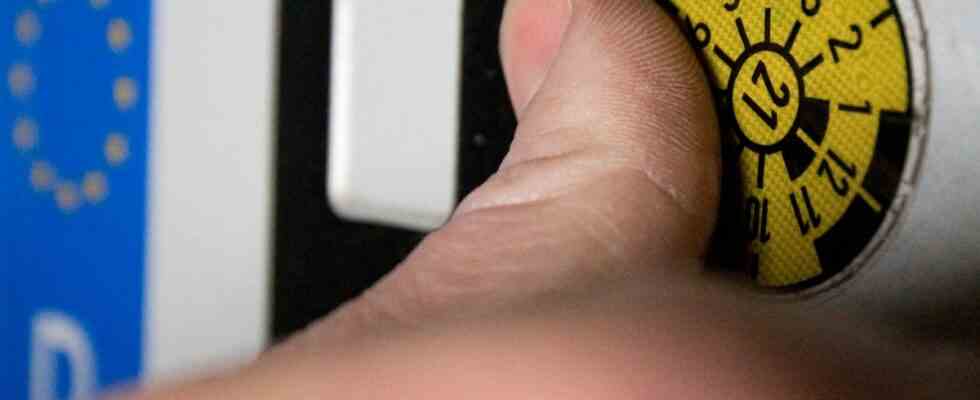Electric cars have many advantages. One of them: They cause less maintenance costs. You don’t need an oil change, no new spark plugs and the brakes should also last longer. But what happens when the battery-powered vehicles have to go to the main inspection for the first time? The TÜV association has now evaluated for the first time how well four popular electric models are doing compared to combustion engines: Renault Zoe, BMW i3, Nissan Leaf and Tesla Model 3.
The results were surprisingly different. According to TÜV, an average of 5.3 percent of cars that are two or three years old fail with “significant defects”; the Renault Zoe is exactly at this value. More often than usual, however, the Frenchman complained about the brakes. “Defects in the brakes occur with above-average frequency in all the e-cars examined,” says TÜV Managing Director Joachim Bühler. One reason for this is recuperation, which is used to recover braking energy in e-cars. It relieves the brakes, which, depending on the driving style, can lead to the brake pads falling asleep.
The Nissan Leaf looks better, with only 4.3 out of a hundred cars failing the TÜV test. This puts the model in the top third of the ranking. Things are not going so well for the BMW i3, which performs worse than average with a defect rate of 5.9 percent.
Around 33,000 Tesla Model 3 were registered in Germany in 2022, only the larger Model Y was sold more often.
(Photo: AP/AP)
However, a rude awakening at the first general inspection is particularly common for Tesla drivers. According to TÜV, the failure rate for the Model 3 is 8.9 percent. “This means that only four cars would be ahead of the Tesla in this age group, including the Dacia Logan, Dacia Dokker and VW Sharan,” writes the TÜV association. In the case of the Tesla, it is often not only the low beam or the fog lights that are broken, but also the brake discs and the axle suspension. According to association boss Bühler, the latter is due to the fact that e-cars are usually heavier than comparable combustion engines, “which often places a special strain on the axle suspensions”.
But there is good news for all e-car drivers: According to the TÜV, rust problems are not an issue even with older battery vehicles.

